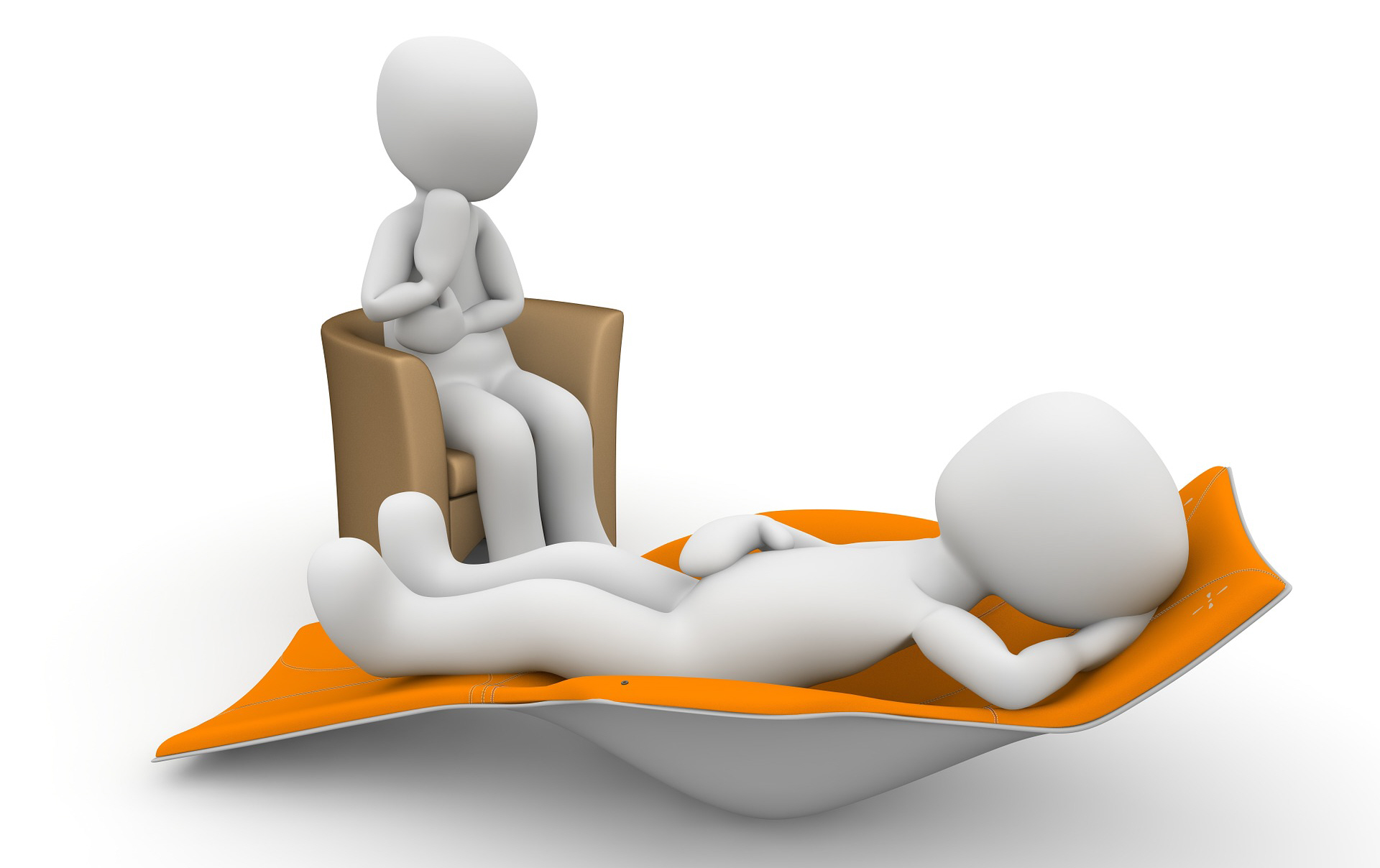
29 Nov The Couch: A Moment of Weakness
The Couch is a place to exchange ideas and brainstorm, not only for its contributors but also for our readers who engage in the ensuing discussions. Sometimes, it feels like your code of ethics and your concern for a person’s well-being can conflict – but is there a conflict? A thank-you goes out to this week’s contributor for the Couch idea.
You are on a two-person interpreting team, and you have a good working relationship with your colleague. She happens to be the one interpreting while an emotionally charged testimony is being given, and you notice, only for a brief moment, a scowl, a wry look, come across her face. Unfortunately for her, it so happens that the defense attorney was looking at her at that very moment. He jumps on it and raises doubt with the Court as to the interpreter’s impartiality. Amazingly, the Court sides with the defense attorney, and your colleague is dismissed.
 As she walks out of the room, she looks pleadingly at you, but you are stone cold and, ready to step up to the plate, you don’t take your eyes off the judge. It’s because you know you will be replacing her, and you are worried you will suffer the same fate if you show any emotion yourself.
As she walks out of the room, she looks pleadingly at you, but you are stone cold and, ready to step up to the plate, you don’t take your eyes off the judge. It’s because you know you will be replacing her, and you are worried you will suffer the same fate if you show any emotion yourself.
What should you have done? Would a sympathetic glance have sufficed? A few words, e.g., “I’ll call you after”? How much encouragement or camaraderie would have been “going too far”? You know that the attorney didn’t get your colleague excused from the case out of meanness or spite; he is only trying to win his case. For that very reason, he may use anything in his arsenal that may serve his interests. But your diffident response to your colleague at the time of the incident leaves a pit in your stomach later that evening. What should you have done differently, if anything?
Please note: If you have a topic you’d like to see discussed at The Couch, write to the Editor. The comments section here should be used only to reply to the issue under discussion today. When you submit a question or topic for The Couch, we will make sure to remove all information that might make the parties or case identifiable.
Body photo “Sympathy” by John George Brown (1831-1913), photo source Christie’s at Wikimedia Commons. Picture in the public domain.

I think that the interpreter who remained under these circumstances had no choice but to be stoic in that moment. I believe that the interpreter who was excused would understand. Looking at you “pleadingly” would be her way of expressing her pain in the moment, which is natural. But she shouldn’t expect you to express any feelings in return at that time. I think she would have understood that it was a one-way communication, with an implied “to be continued, we’ll talk when it’s all over.” Hopefully, the two of you could talk when it’s all over and then she can be shown the empathy that you couldn’t show her in that moment.
I do wonder if the excused interpreter would have had the opportunity to explain herself to the court in case her look had nothing to do with the emotional content. What if she was scowling because she struggled with a term momentarily, or maybe there was a fly buzzing around her face? I was in a trial where a team member was sniffling during a victim’s emotional testimony and the defense attorney tried to get her removed. She had a cold, that’s all. She was allowed to explain that to the judge, the judge explained it to the jury when they returned, and she was allowed to remain on the team.
There was no response that could be provided at that moment. The judge activated the support interpreter, who now has no colleague for relief. Of course, had that been my experience, I would call my colleague once I arrived home/office. For sure, it is an uncomfortable situation. Knowing that counsel has already used facial expressions to express doubt (a strategy which truly may have nothing to do with the interpreter), I would remain professional. Had I been excused, I would not be concerned that my teammate did not respond to my pained look